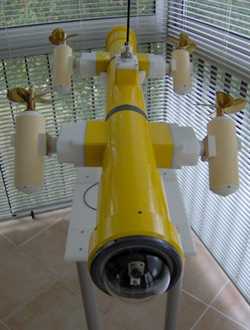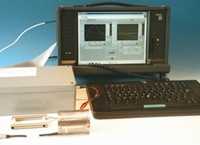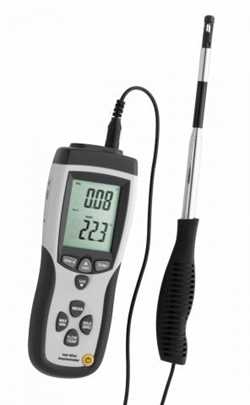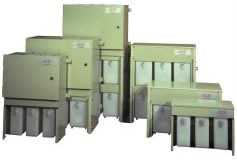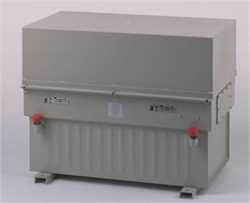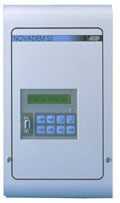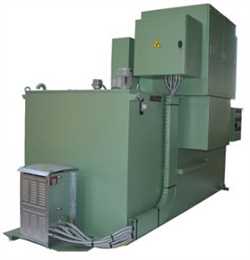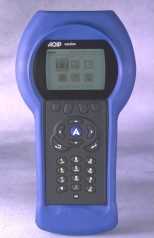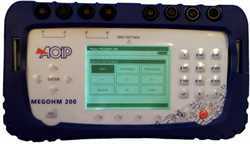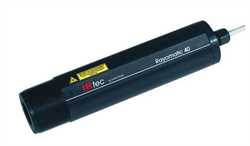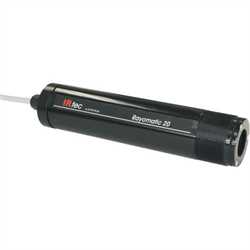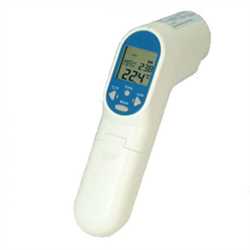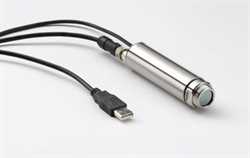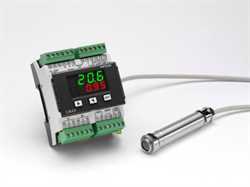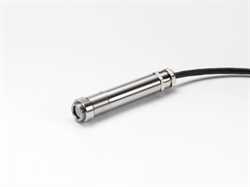Details
The fault locator ISOPALM 200 is designed to identify and locate with high precision any faults on telecom cables: insulation faults (bare, blasted, buried wires) and breaks on wires (partial or total break).
- Display of fault location in meters
- Suitable for Pupin coils
- Homogeneous and heterogeneous cables
ISOPALM 200 also has the ability to make loop resistance measurements, insulation resistance measurements and resistance ratio measurements ?R. It uses standard impedance / impedance ratio measurement methods, and brings, due to innovative technology, key advantages to the user compared to manual bridges for example.
Designed for onsite use, the instrument features a rugged protective sheath, uses latest generation Li-Ion batteries with short recharging time, and has a large graphical display showing all information about the test performed.
Easy to use, a central interface on the instrument gives access to the different test methods. Tests are stored in the instrument database and results are recorded and linked to the test.
With a great accuracy, ISOPALM 200 calculates the fault location regardless of the cable type: the position of the fault is identified whether the cables are homogeneous or not and the instrument displays the distance to the fault in meter and resistance to the fault in ?.
 | 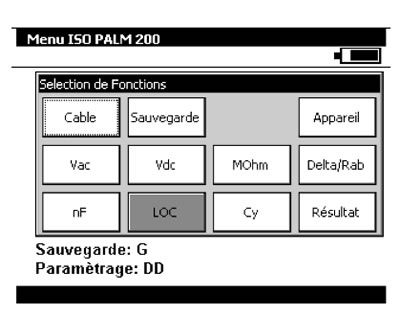 |
| Example of test | Access menu to all functions |
Test on heterogeneous cables
The ISOPALM 200 can set up to 9 sections when calculating distance to a fault on a cable made of wires of different diameters, overhead or underground wires.
When wires of a same pair are of different types, ISOPALM 200 can use a third cable to calculate the distance to a fault.
Display of fault position in meters
After programming in the instrument of the parameters of every section of the cable under test (length, linear resistance, eventually temperature and pupins), the ISOPALM 200 displays the distance to the fault in meters with a resolution of 0.1 to 1 m according to the cable length. The distance is calculated either from the cable length or from the loop resistance. For more accuracy in the location of the fault, both results can be compared.
